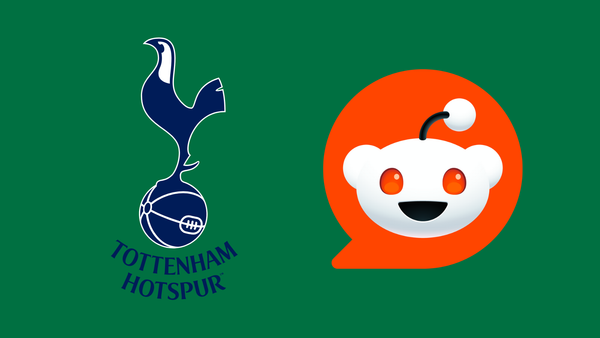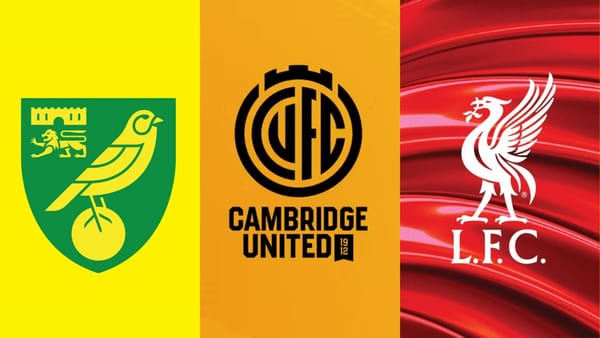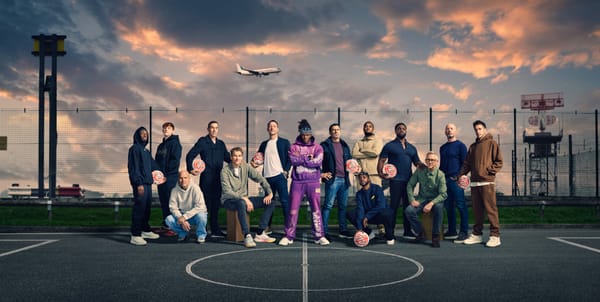Should coaches ban social media during World Cup?

Brazil 2014 promises to be the first truly digital World Cup, however with only two weeks to go before the tournament kicks off competing countries are still deciding whether or not to let their players loose on social media.
Earlier this week it was announced that former England boss Fabio Capello had banned his Russia squad from social media, albeit only “unofficially”, for the duration of the pre-tournament camp and World Cup itself. This news came at the same time that his compatriot, Italy manager Cesare Prandelli, decided to renege on his earlier claim that his team would be barred from posting to their accounts instead asking them to just be careful about what they post.
Most club sides now understand that trying to keep players of Twitter, Instagram and other platforms is flawed and impractical, but national managers seem a lot more predisposed to dishing out bans. The question is why?
First of all it’s a little easier to justify. National managers only have to deal with players a handful of weeks in every 52. Trying to keep someone off social media indefinitely is virtually impossible, however asking them to maintain radio silence for just a few weeks is doable and almost reasonable. It’s a small price to pay if it means you get to play for your country, right?
The predilection Capello and those like him have for banning social media also comes from their desire to avoid embarrassment. The World Cup only saunters into view once every four years. It’s one of the biggest occasions on the sporting calendar. The idea that all the hard work could be undermined by a rogue tweet that gives away vital team news just before a pivotal match is one that would fill any manager with dread. How about Instagram snaps of players sunning themselves around the pool while they turn in sub-par performances on the pitch? The headlines almost write themselves.
 There’s also the spectre of sponsors, namely those who aren’t affiliated with the World Cup but want in on the exposure it brings. During Euro 2012 Nicklas Bendtner celebrated a goal against Portugal by showing the world his lucky Paddy Power underpants and was handed a £80,000 fine and one match ban. Social is another avenue for crafty brands and players to potentially exploit, even if it might land them in very hot water with Fifa’s somewhat draconian rights protection team. The last thing any national team needs is their players getting banned for minor off-pitch indiscretions.
There’s also the spectre of sponsors, namely those who aren’t affiliated with the World Cup but want in on the exposure it brings. During Euro 2012 Nicklas Bendtner celebrated a goal against Portugal by showing the world his lucky Paddy Power underpants and was handed a £80,000 fine and one match ban. Social is another avenue for crafty brands and players to potentially exploit, even if it might land them in very hot water with Fifa’s somewhat draconian rights protection team. The last thing any national team needs is their players getting banned for minor off-pitch indiscretions.
They seem like valid reasons to ban players from using social media, however are they reason enough? Well, no.
These are worst-case scenarios. Over 700 players will be at the tournament, many of them will be owners of profiles on a litany of social media sites. The number that will raise hell via these accounts? You could probably count them on one hand, if not one finger. And I’d wager the few that do won’t have any impact, either directly or tenuously, on their countries fortunes during the tournament.
By banning social media national managers don’t reduce the risk of discord in the camp, nor do they reduce the risk of news of said discord reaching the outside. When France hit the self-destruct button in South Africa they did so without the help of social media and in full view of the watching world. Far from being conduits to air grievances Twitter, Facebook and the like have the potential to inspire players who are detached from the support they are receiving in their home nations.
If, as they say, the Internet has made the world a smaller place then social media has made it smaller still. Supporters will be online this summer. Those countries, coaches and players that embrace it during Brazil 2014 may not feel like they’re playing on the other side of the globe.





